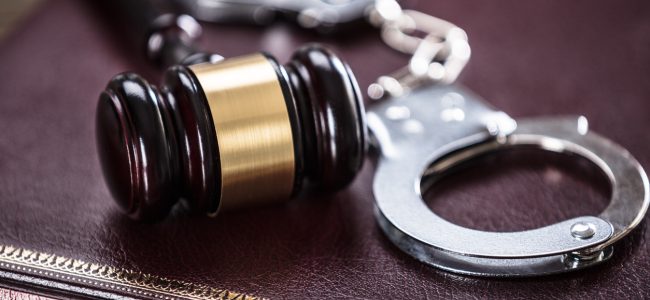BlogLine
Connecticut Appellate Court Expands and Provides Guidance for Wrongful Conduct Rule
4/13/23

By: Janice Lai and Brayson Grant
On February 14, 2023, Connecticut’s Appellate Court expanded the application of the Wrongful Conduct Rule which was first adopted by the Connecticut Supreme Court in 2014.
In Lastrina v. Bettauer, 217 Conn. App. 592 (2023), the plaintiff appealed from the granting of defendants physicians’ motion for summary judgment where the Trial Court concluded it would violate public policy to impose a duty upon defendants to protect plaintiff from harm caused by his own volitional illegal conduct pursuant to the Wrongful Conduct Rule. Thus, the defendants physicians owed no duty to the plaintiff as to his harm suffered. The plaintiff argued that his actions did not constitute the “serious criminality” necessary for application of the rule and that his illegal conduct was not the proximate cause of his injuries.
The plaintiff researched symptoms of post-traumatic stress disorder and falsely reported these symptoms to the defendants physicians to convince them to prescribe medical marijuana. Then plaintiff proceeded to use marijuana daily and developed an addiction which ultimately required his hospitalization for dependency rehabilitation. After a conservator was appointed for the plaintiff, he initiated a medical malpractice action against the defendants physicians for their alleged improper diagnosis of post-traumatic stress disorder and prescribing of medical marijuana.
The Connecticut Appellate Court held that the application of the Wrongful Conduct Rule is not limited to injuries arising from the legal consequence of a plaintiff’s wrongful conduct but can also be applied to harm of the nature suffered by the plaintiff in the case, namely his addiction and hospitalization. The Appellate Court held that to the extent the plaintiff suffered personal injuries from his use of medical marijuana, these injuries occurred because the plaintiff, after his encounter with the defendants, engaged in further volitional criminal conduct of going to a medical dispensary and fraudulently obtaining marijuana which was independent of the defendants physicians’ prescribing of marijuana.
The Appellate Court found that the plaintiff was not an innocent party and he played a central, essential part in causing his claimed injuries because he violated Conn. Gen. Stat. § 21-266(a) which states that “[n]o person shall obtain or attempt to obtain a control substance… by fraud, deceit, misrepresentation or subterfuge.” The Appellate Court rejected the plaintiff’s characterization of his injuries as independent of, or collateral to, his illegal conduct. It further held that mere availability of common law or statutory comparative negligence, which permits a plaintiff to recover even if his own negligence contributed to his injuries, did not negate the application of the Wrongful Conduct Rule.
The Connecticut Appellate Court addressed what conduct constituted “serious criminality” necessary for application of the Wrongful Conduct Rule. The Appellate Court held that the requisite nature of a plaintiff’s conduct for the rule to apply can be described by words and phrases which include “serious felony, illegal, a criminal act, illegal conduct, wrongful, conduct that is prohibited, immoral, felonious conduct, and serious criminality.” The plaintiff’s conduct was determined to meet all of these descriptions and the undisputed facts established that his conduct was serious.
The Wrongful Conduct Rule analyzed in the Lastrina decision is not limited to medical malpractice cases. Indeed, the Wrongful Conduct Rule has been applied at the trial level in Connecticut to other cases including premises liability, trespass and negligence since its adoption in 2014. Companies and individuals should exam whether they can invoke the Wrongful Conduct Rule when faced with a claim.
For further assistance or inquiries, please contact Janice Lai at janice.lai@fmglaw.com, Brayson Grant at brayson.grant@fmglaw.com, or your local FMG attorney.
Share
Save Print